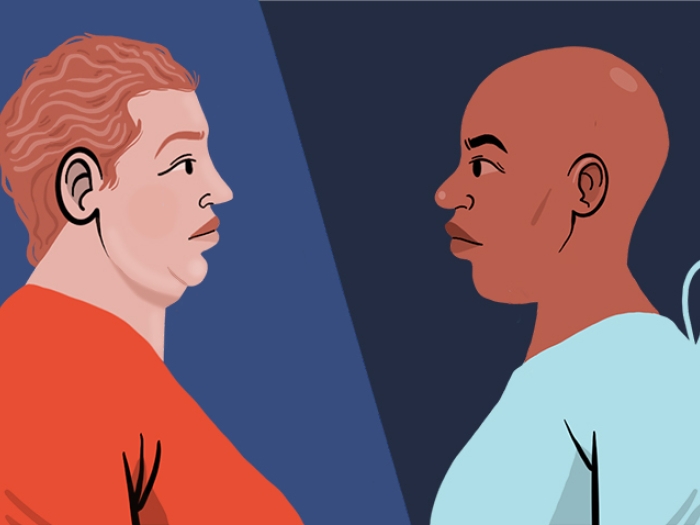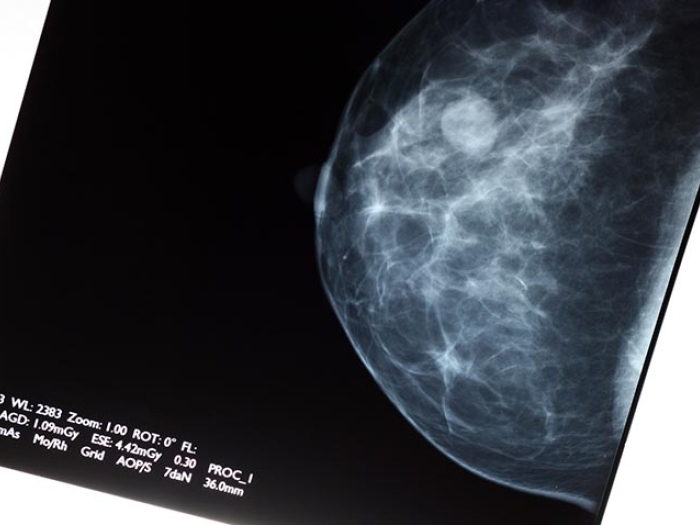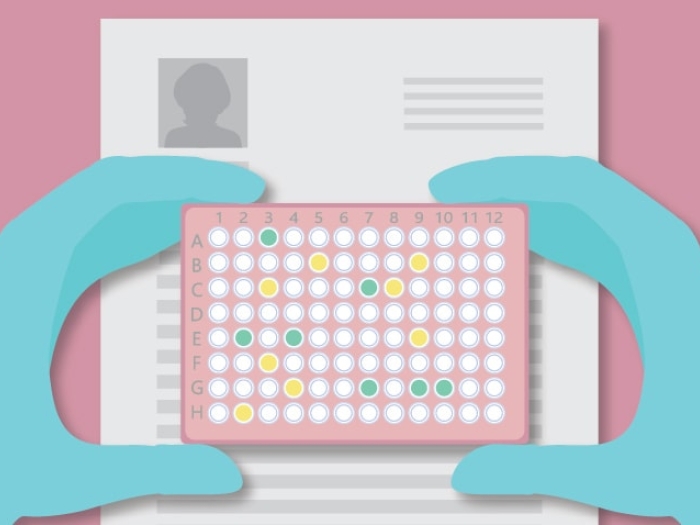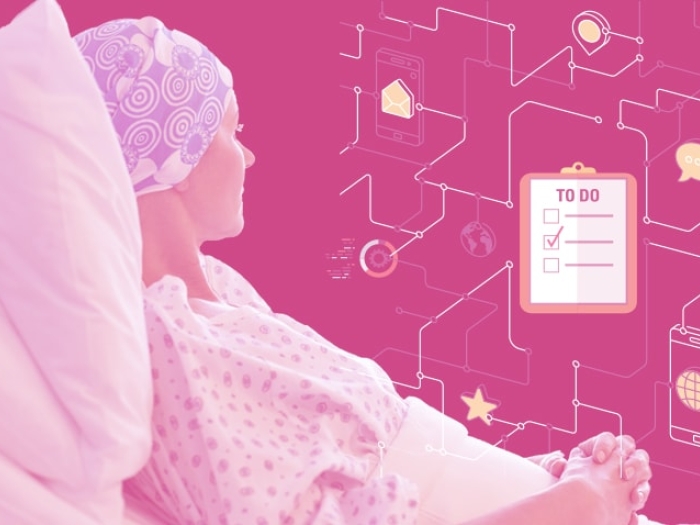A new study suggests these patients are satisfied with the first oncologist visit and treatment decision, unless uncertain genetic results are in play.
7:00 AM
Author |

Few early stage breast cancer patients get second opinions — but there is little unmet need for second opinions among this group, new research from Stanford University and the University of Michigan finds. The study was published in JAMA Oncology.
MORE FROM THE LAB: Subscribe to our weekly newsletter
In a racially and socioeconomically diverse population of 1,901 patients newly diagnosed with breast cancer, 90 percent did not get a second opinion, and 95 percent were treated by the first medical oncologist they saw after being diagnosed. The findings, culled from patient surveys taken about two months after surgery, suggest that the first visit with an oncologist is key in shaping the experiences and decisions patients make about treatment.
"Patients newly diagnosed with cancer don't like uncertainty about what to do or poor communications about how to do it. The low rate of second opinions suggests patients are satisfied with their first oncologist visit and making treatment decisions for curable disease," says study author Steven J. Katz, M.D., M.P.H., co-director of the Health Behavior and Outcomes program at the University of Michigan Comprehensive Cancer Center.
Katz leads an interdisciplinary team of researchers from several institutions who study treatment decision-making. Because breast cancer patients often face a variety of treatment options — surgery, chemotherapy, hormone therapy, radiation — studying this group could help patients with other cancer types make decisions in the future, he says.
The low rate of second opinions suggests patients are satisfied with their first oncologist visit and making treatment decisions for curable disease.Steven J. Katz, M.D., M.P.H.
The importance of second opinions
Cancer doctors use second opinions as a way to provide additional input and reassurance to patients about treatment recommendations. Second opinions play a crucial role in metastatic cancer, where treatment options may vary. But treatment pathways for curable early stage breast cancer are more clear-cut.
SEE ALSO: Study Finds 'Striking Use' of Double Mastectomy
The study found patients who received uncertain results of genetic tests were three times more likely to get a second opinion from another medical oncologist than those who did not. Despite this increased need, previous research has shown that less than 15 percent of physicians who order genetic testing understand how to manage uncertain results.
"There is need to improve the clarity of some aspects of information, particularly the use of genetic testing after the diagnosis of cancer," says Allison Kurian, M.D., M.Sc., associate professor of medicine and of health research and policy at Stanford University and first author of the paper. "It's a new area that is rapidly evolving, and our results suggest that the testing can increase uncertainty that needs to be addressed going forward."
Improving the performance of genetic tests includes the physician's knowledge of both validating a patient's prognosis and using test results to improve patient outcomes.

Explore a variety of healthcare news & stories by visiting the Health Lab home page for more articles.

Department of Communication at Michigan Medicine
Want top health & research news weekly? Sign up for Health Lab’s newsletters today!





